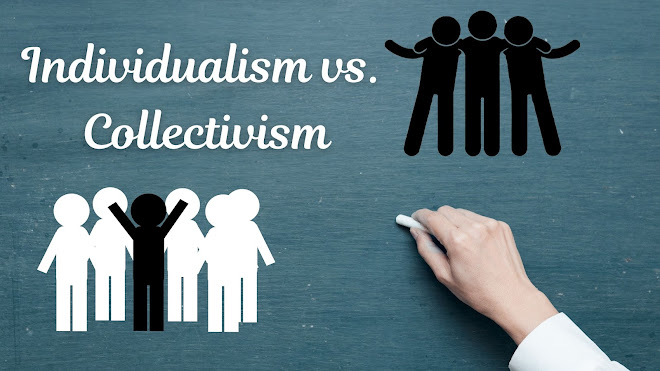Culture Miscommunication
02/06/2022 - Week 05 – Culture Miscommunication
Learning about culture has given me the answer to many questions, and I have never thought “culture” was the answer for them. Living in a polychronic country, I care about people’s feelings; I am not direct when talking; on the contrary, I love talking a lot. I have a great example to share; I was waiting to be seen by a doctor, and there was another woman in the reception waiting too. She was trying to take a selfie, I realized she couldn’t do it, so I offered myself to take some pictures of her. She accepted it, so I did, then she asked me to take some pictures of her in the garden and after that, she called me to take some pictures with her. In the end, she asked for my WhatsApp number and now we send messages to each other!
I am a talkative person and I think my polychronic country helps me to be comfortable living some experiences as I mentioned above. Meeting people from another country made me realize my actions can be misunderstood. Some years ago, I visited a woman with the missionaries from my church in Brazil, they were teaching her about the gospel. When we left her house, the American missionary said, “It was great but next time try not to be so affectionate.” I didn’t understand what I did wrong, my actions were normal in my view but upon meeting how American culture is throughout the years, I understood that situations had nothing wrong, the American missionary and me have different cultures, and the same situation can be interpreted in different ways, there’s no right or wrong.
While watching the video “Series of HSBC, ads about Culture” on YouTube, I reflected on the good sides of cultures. Culturally people are trying to bring some benefits like saving time or enjoying the time in the same situation. They have different points of view in which they expressed by action.
Talking about actions, I am grateful for a brilliant video from BYU University called, “Cultural Miscommunication” where professor John Ivers teaches about misunderstandings within the same culture. Even though I am part of a polychronic culture because I am from and I live in Brazil, seven months ago I moved to the south of Brazil and I never thought people were so different. I love talking, they don’t. I won’t change who I am but understanding they are not like me or like our polychronic country in some aspects will help me to respect them. Reflecting on these things, I could find things that I don’t agree on some characteristics about my polychronic country like arriving late in a meeting. Sometimes I do, I am late and I think, “They won’t care, this is Brazil so everybody is late,” but this is just an excuse because I really don’t like it and it’s part of my culture. In a TESOL class, for example, I could never say to a student, “I am late but you know, we are Brazilians,” or teaching abroad and say, “where I came from people are always late, don’t you know class?”
As an English teacher, communication is part of me not only to teach students how to communicate in English, but also teach them how to communicate culturally, learning how cultures are different around the world and understanding that what is offensive to us may be a gesture of kindness to others. All this knowledge I am acquiring about culture is opening my mind to comprehend how cross-cultural experiences are important in a TESOL class because learning a language is not only speaking, is learning people’s culture.
Lilian Perez
Below is a great video with examples of culturally miscommunicating situations.
While watching the video “Series of HSBC, ads about Culture” on YouTube, I reflected on the good sides of cultures. Culturally people are trying to bring some benefits like saving time or enjoying the time in the same situation. They have different points of view in which they expressed by action.
Talking about actions, I am grateful for a brilliant video from BYU University called, “Cultural Miscommunication” where professor John Ivers teaches about misunderstandings within the same culture. Even though I am part of a polychronic culture because I am from and I live in Brazil, seven months ago I moved to the south of Brazil and I never thought people were so different. I love talking, they don’t. I won’t change who I am but understanding they are not like me or like our polychronic country in some aspects will help me to respect them. Reflecting on these things, I could find things that I don’t agree on some characteristics about my polychronic country like arriving late in a meeting. Sometimes I do, I am late and I think, “They won’t care, this is Brazil so everybody is late,” but this is just an excuse because I really don’t like it and it’s part of my culture. In a TESOL class, for example, I could never say to a student, “I am late but you know, we are Brazilians,” or teaching abroad and say, “where I came from people are always late, don’t you know class?”
As an English teacher, communication is part of me not only to teach students how to communicate in English, but also teach them how to communicate culturally, learning how cultures are different around the world and understanding that what is offensive to us may be a gesture of kindness to others. All this knowledge I am acquiring about culture is opening my mind to comprehend how cross-cultural experiences are important in a TESOL class because learning a language is not only speaking, is learning people’s culture.
Lilian Perez
Below is a great video with examples of culturally miscommunicating situations.




Comments
Post a Comment